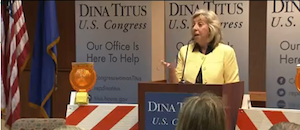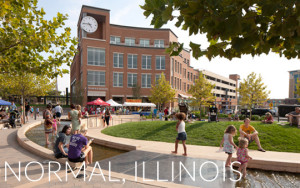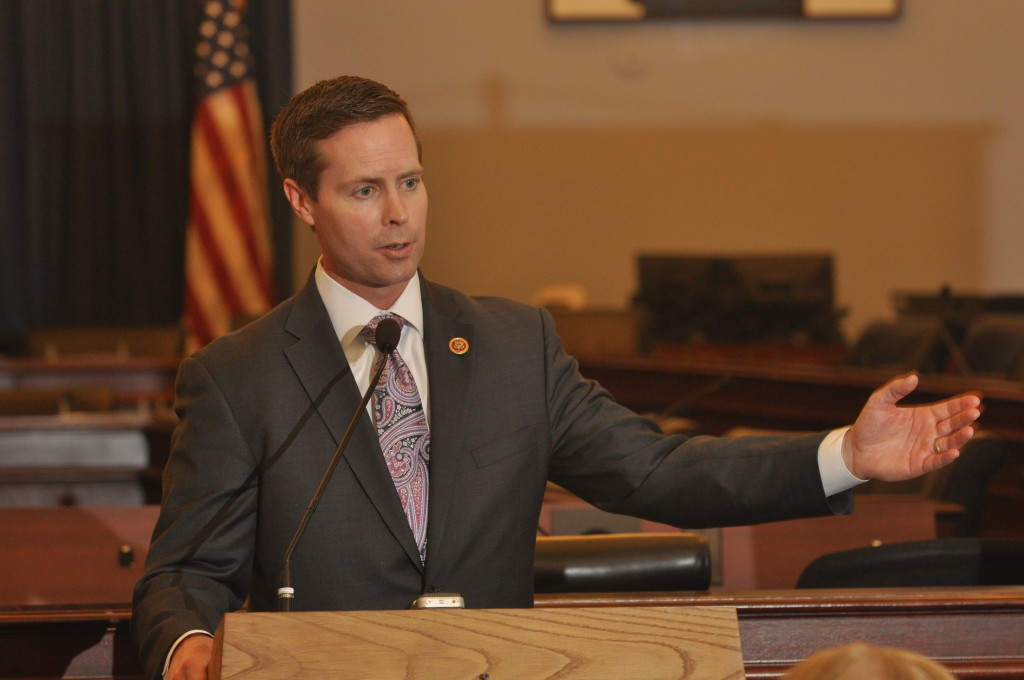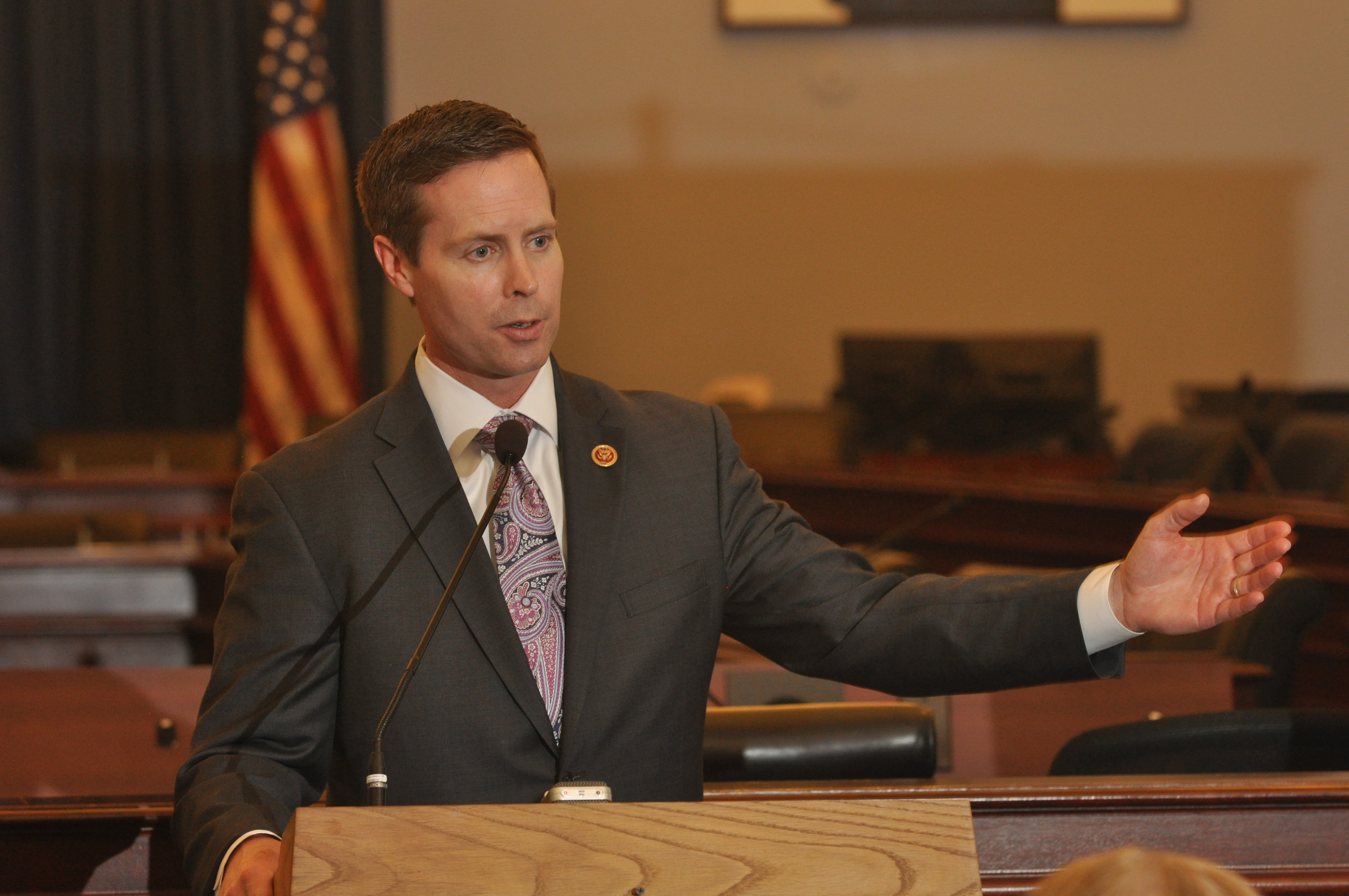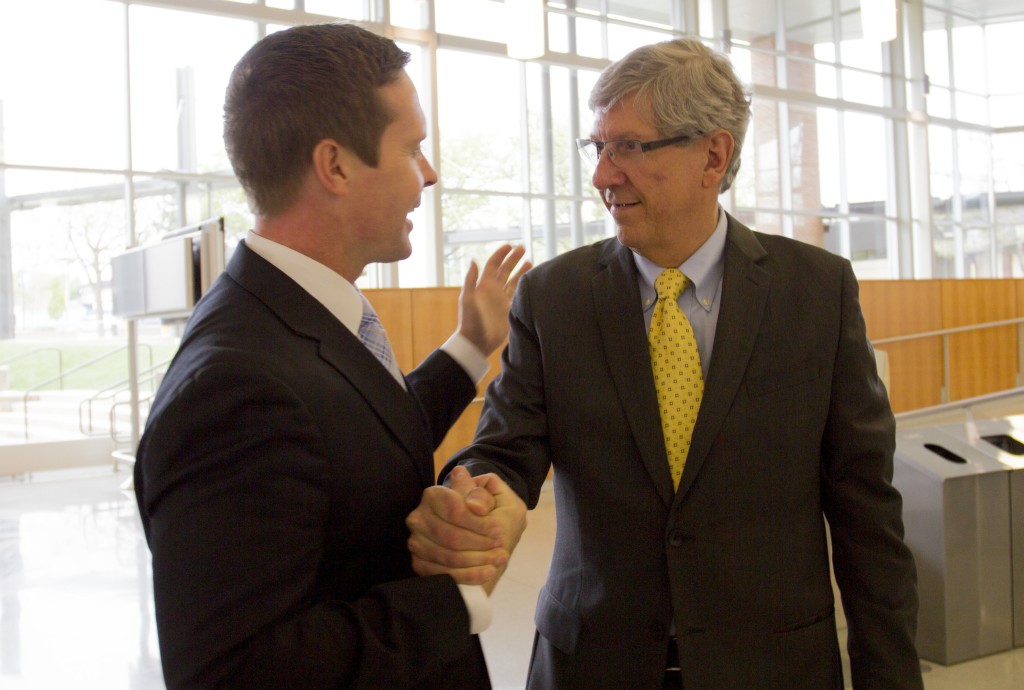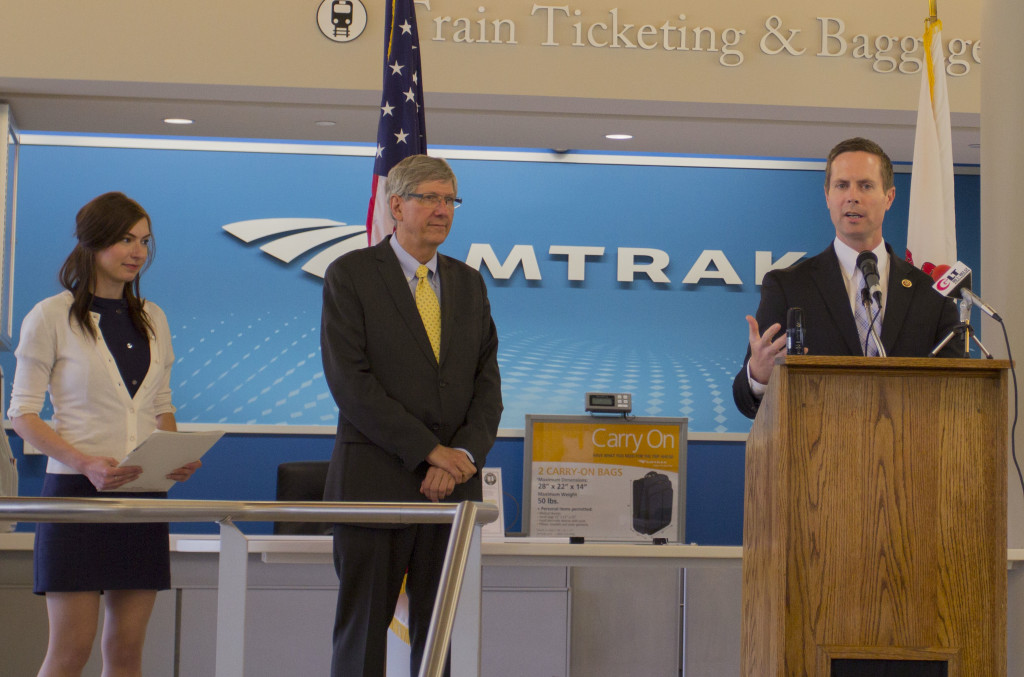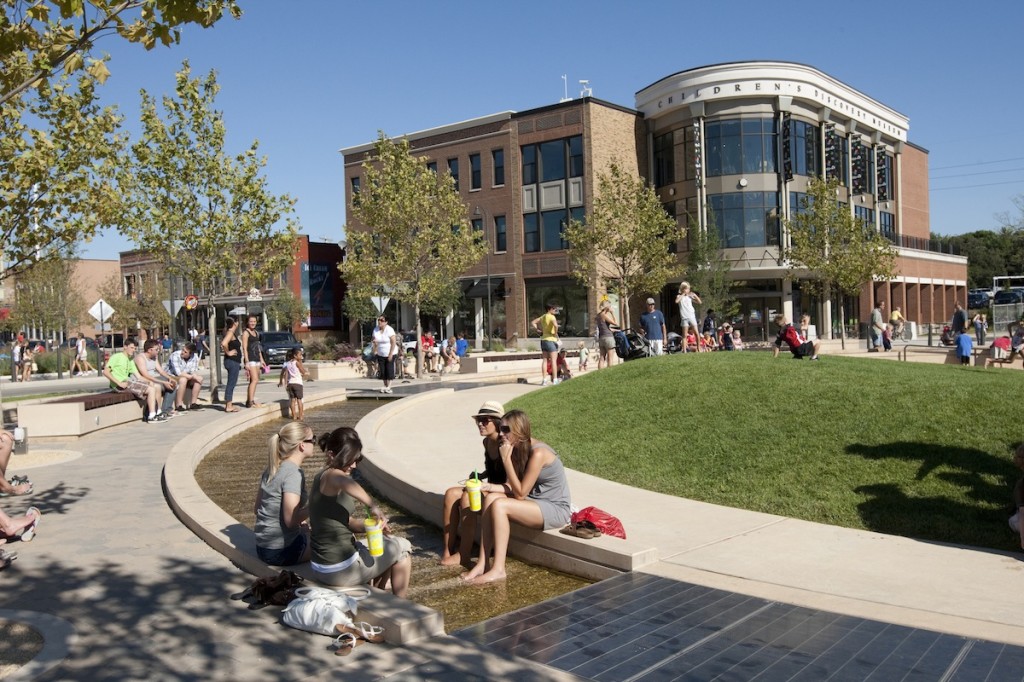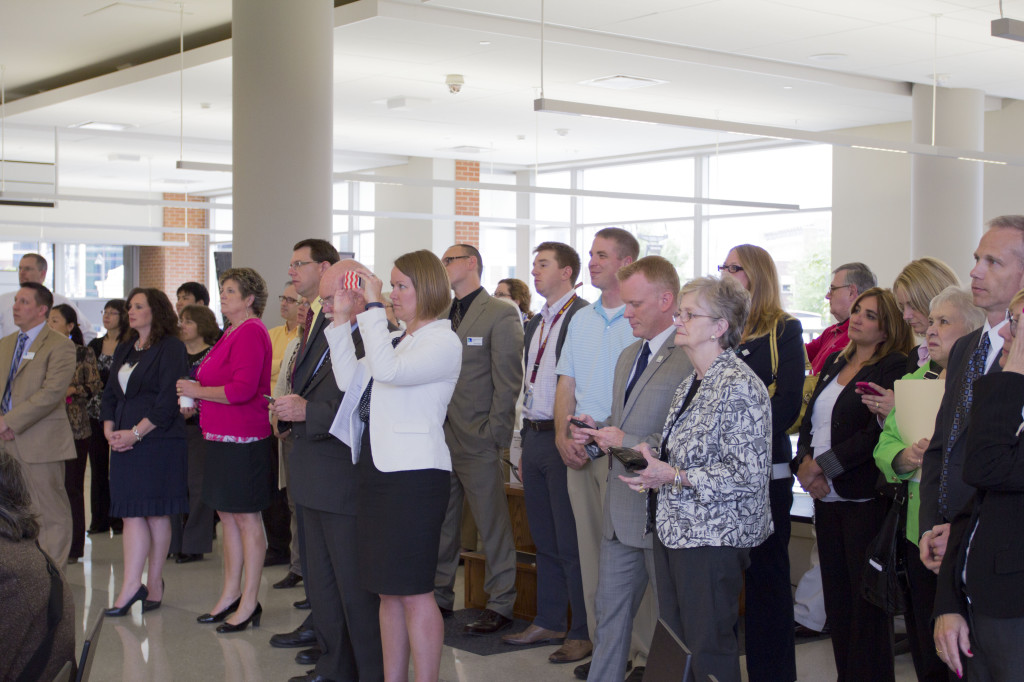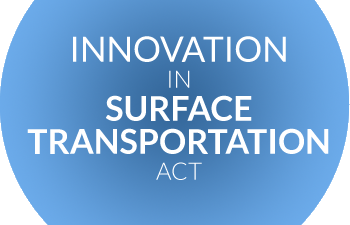
Yesterday afternoon, a bipartisan group of senators and representatives released a bill that will give local communities more access to, and control over, a share of the federal transportation dollars that flow into their states.
The Innovation in Surface Transportation Act was introduced yesterday in the House and Senate (H.R. 1393 and S.762) by Senators Wicker (R-MS), Booker (D-NJ), Casey (D-PA) and Murkowski (R-AK); and Representatives Rodney Davis (R-IL), Dina Titus (D-NV) Gregg Harper, (R-MS), Cheri Bustos (D-IL), Dan Lipinski (D-IL) and Matt Cartwright (D-PA).
Send a clear message that this idea has strong support across the country. Tell your representatives to support the Innovation in Surface Transportation Act in the House and Senate.
Want to know more about how this new grant program would work? Do you have a few questions? Read this explainer post on the Innovation in Surface Transportation Act that gives a quick overview of the mechanics of the policy and how it would be implemented. Have other questions? Get in touch with us.
Mayors and other local elected leaders are the ones who face the music from citizens when bridges need repair, when mounting congestion makes commutes unpredictable, and when families can’t safely walk their kids to school — yet those same leaders are too often left out of the discussions over what gets built and where.
The ten members of Congress sponsoring this bill represent areas large and small, urban and rural, red and blue. But small town or big city, these congressmen and women are responding to what they’re hearing from the local mayors and county officials back at home. Here’s Senator and original sponsor Roger Wicker two weeks ago during a hearing with U.S. Transportation Secretary Anthony Foxx:
I can tell you, Mr. Secretary, that when county governments come to see me, when city officials come to see me, they are excited about this concept of a program to dedicate a portion of federal funding…to create a small pool of competitive grant funds to be awarded on a merit basis available to mayors, county officials, and local leaders.
These grants would be awarded through a transparent process by a panel of representatives from local and state jurisdictions, ensuring that funds go to well-conceived projects with strong local support and potential for high return on investment.
With a program like this, many more communities could find success like Normal, IL, found with its Uptown Station. Normal used a grant from the competitive TIGER program to complete the funding picture for a multimodal station and central plaza that brought new life and economic activity to its town’s core. But the TIGER program is wildly oversubscribed, as one of the only ways local communities can directly access federal funds.
More communities need chances like that, and the current method of doling out federal funds just isn’t cutting it. Let’s put more resources and control in the hands of local communities and let the best projects win.
These ten congressional leaders got the message — but we need to ensure the rest of their colleagues do. Send a letter to your Senators and Representative in support of the Innovation in Surface Transportation Act.





